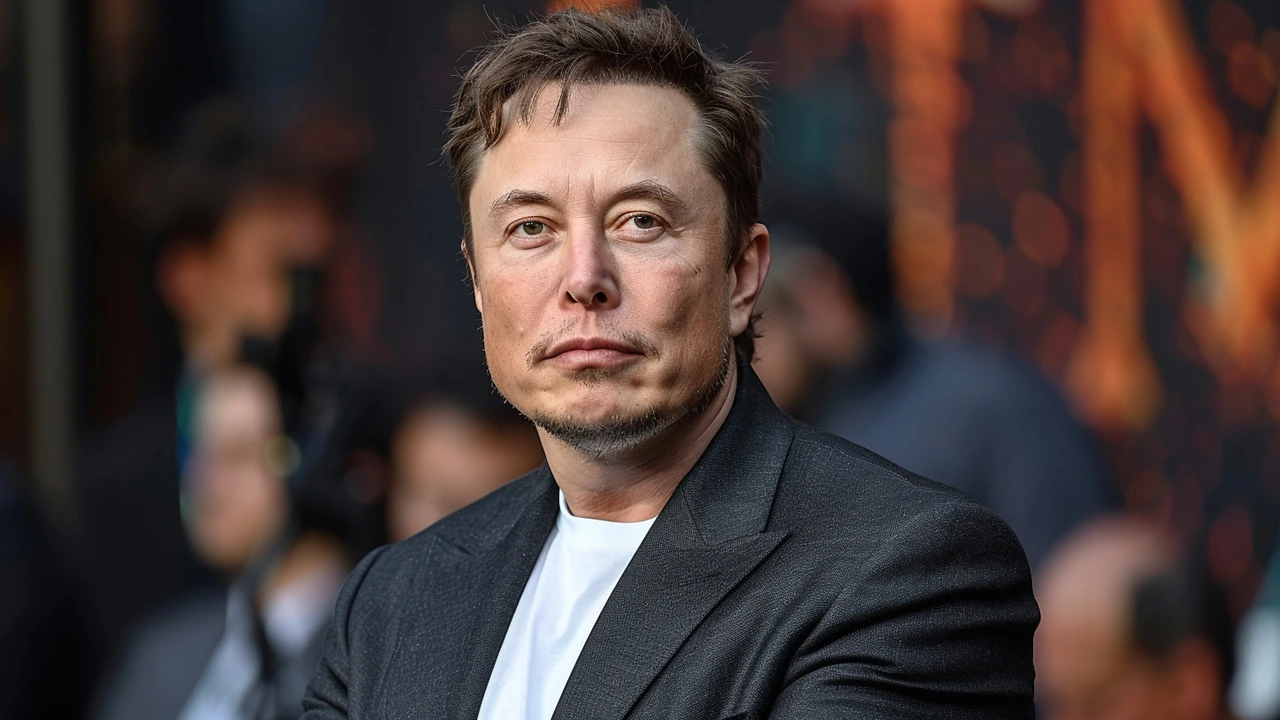Elon Musk Admits Late Disclosure of Twitter Stake
In early 2022, Elon Musk acknowledged that he made an error by delaying the disclosure of his substantial stake in Twitter. This revelation came as he sought to dismiss a lawsuit brought by former Twitter shareholders. These shareholders alleged that Musk's delayed disclosure of his 9.2% ownership had defrauded them, artificially lowering the stock's price and helping Musk save over $200 million as he added to his holdings before announcing his stake publicly.
The case against Musk brings to the forefront his history with the Securities and Exchange Commission (SEC) and his bouts with regulatory measures. Musk, known for his boundary-pushing behavior and defiance of conventional norms, has often found himself at odds with regulatory bodies. The shareholders involved in the lawsuit argue that Musk's actions around his Twitter investment were just another instance of such behavior.
Background of the Disclosure Controversy
In 2022, news broke about Musk's significant stake in Twitter, sending ripples through the financial markets. The revelation came after what the shareholders now claim was a purposeful delay in disclosing his 9.2% stake. The controversy hinges on the argument that Musk's delay in disclosing his investment allowed him to continue buying shares at a lower price, thereby saving himself substantial sums of money. Typically, SEC regulations require investors to disclose when they acquire a stake of more than 5% in a public company within 10 days.
Musk's legal team countered the claims by arguing that the delay was inadvertent. Musk emphasized that his pattern of disclosures for other companies, including Tesla where he serves as CEO, had always been prompt and in compliance with regulatory requirements. This claim is notable given Musk's history, including an instance in 2019 where he faced a $20 million fine from the SEC for misleading tweets about taking Tesla private.
The Legal Ramifications and Public Reaction
The former Twitter shareholders who brought the lawsuit believe that Musk's delayed disclosure caused them financial harm by manipulating the stock price. They claim that had Musk disclosed his stake sooner, they might have made different investment decisions. By waiting, Musk allegedly secured additional shares at prices that did not reflect his significant ownership stake in the company. When Musk finally disclosed his stake, Twitter's stock price surged, benefitting Musk and his already sizable investment.
Public reaction to Musk’s admittance of the delayed disclosure being a mistake has been mixed. Some view it as yet another example of Musk's willingness to push boundaries and test regulatory limits. Others see it as a genuine error given Musk's extensive and often overwhelming list of responsibilities and ventures, ranging from Tesla and SpaceX to newer endeavors like Neuralink and The Boring Company.
Investor Confidence and Regulatory Implications
This incident underscores the tightrope that high-profile executives like Musk must walk when managing their investments. Investor confidence can be fragile, and transparency is crucial to maintaining trust in the financial ecosystem. Failing to adhere to disclosure rules can lead to significant legal challenges and financial penalties, as Musk's experience demonstrates.
Moreover, the situation has reignited discussion around the effectiveness and enforcement of SEC regulations. Critics argue that the punishment for such delays needs to be more severe to deter similar behavior in the future. They suggest that higher fines and stricter oversight may be necessary to ensure compliance from all market participants, regardless of their stature or track record.
Looking Forward: Future Implications for Musk and Beyond
As the lawsuit progresses, its outcome could have far-reaching implications not just for Musk but also for how substantial stakes in public companies are reported moving forward. Legal experts are closely watching the case, recognizing that it could set a precedent for future disclosure practices. A ruling against Musk could tighten regulations and result in more stringent disclosure requirements for large investors.
While Musk’s recognition of his delayed disclosure as a mistake might appear as a tactical move to mitigate the lawsuit's impact, it is crucial to observe how this acknowledgment will influence his relationship with the regulatory authorities and the market. Musk’s prominence in the tech and financial worlds means that his actions often serve as a bellwether for broader industry practices.
In conclusion, this situation is more than just a legal tangle; it serves as a reminder of the critical importance of transparency in the stock market. The ongoing scrutiny faced by Musk and the repercussions of this case will likely echo throughout the financial community, influencing both regulatory approaches and investor behavior in the years to come.






Write a comment